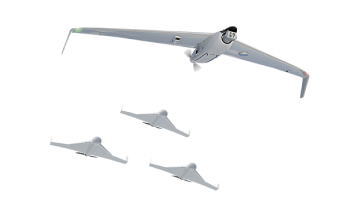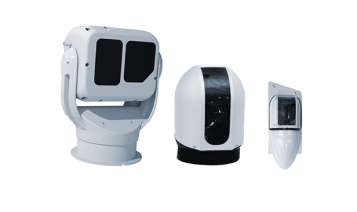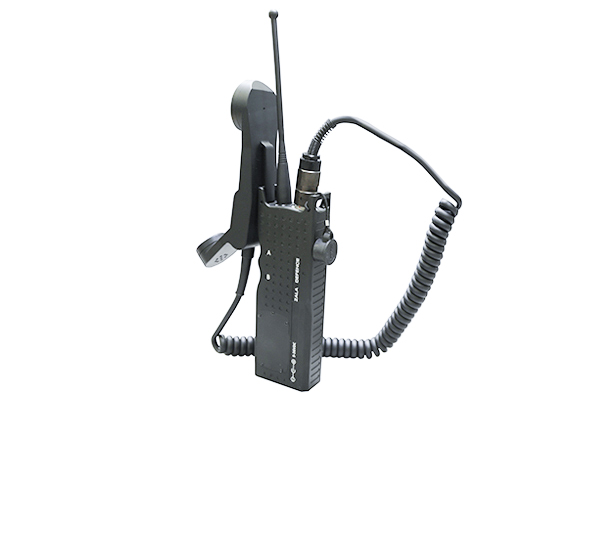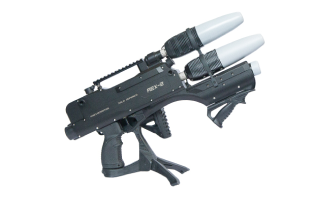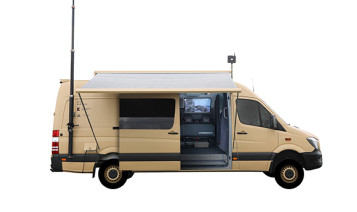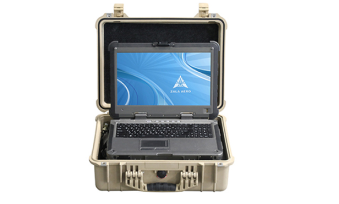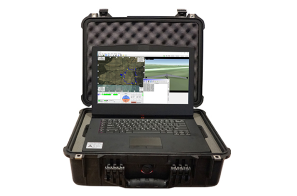Guarding energy security: how ZALA drones monitor oil pipelines on the border with China

In the hard-to-reach Siberian terrain, where traditional surveillance methods become ineffective, Russian ZALA unmanned systems take on the task of round-the-clock monitoring of vital infrastructure.
Along a remote section of the Russian-Chinese border, in the harsh and inaccessible areas of the Amur region, ZALA unmanned aerial systems provide continuous monitoring of one of the strategically important oil pipelines. The geographical complexities of the region - mountain passes, narrow gorges and vast wetlands - make the use of ground patrols ineffective, creating an urgent need for aerial surveillance.
In these conditions, the ZALA T-16s, capable of travelling hundreds of kilometres in autonomous mode, become an indispensable means of aerial monitoring. Their route passes over a pipeline that transports daily raw materials critical to the region's economy. Equipped with high-resolution cameras, the ZALA UAVs can capture the smallest details from the air - from potential leaks to signs of unauthorised tampering. Thermal imaging sensors enhance the surveillance capabilities, enabling monitoring even in total darkness.
Thanks to the use of artificial intelligence installed on board, ZALA T-16s automatically recognise anomalies, classify threats and generate reports that are transmitted in real time to specialists on the ground. The company's 4Z1 software not only allows access to video streaming and analytics from anywhere in the world, but also enables rapid coordination of emergency services in the event of incidents.
ZALA's experience in monitoring fuel and energy facilities is not just a technological superiority, but the result of many years of work in Russia's extreme climatic zones. The ability of UAVs to operate at low temperatures, in snowfall and dense cloud cover makes them indispensable for monitoring infrastructure located in the most challenging landscapes.
Today, dozens of leading Russian oil and gas companies have integrated ZALA solutions into their operational processes. For them, unmanned systems have become not just a surveillance tool, but an important element of strategic security, allowing them to reduce risks and maintain uninterrupted operation of key energy routes.




